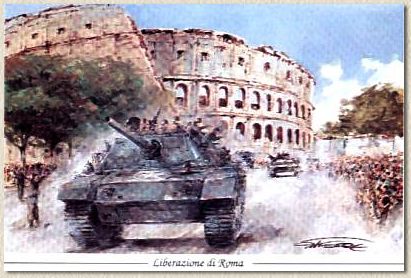

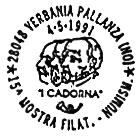
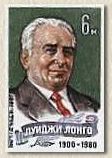
In command of the C.L.N.A.I. was General Raffaele Cadorna, who parachuted into the north in August, 1944. In the operations section Ferruccio Parri and Luigi Longo were assigned. All of them had considerable fighting experience.
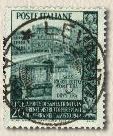
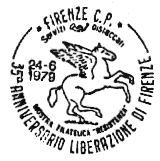
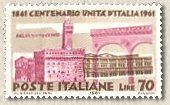
The summer season favored the advance of the Allied front: Arezzo was set free on July 16, opening consequently the way to Florence, an important strategic point for the retiring Germans. One of the most important partisan actions was the support given the Allies on the occasion of the liberation of Florence. First, the Oltrarno area was occupied. The fight was hard because the German forces were clearly superior and the bridges on the Arno river, with the exception of the Old Bridge, had been blown up. On August 11, 1944, with the sound of the Martinella of Palazzo Vecchio, the popular uprising took place and the Germans were forced to retreat. The Allied forces went into Florence on August 13.
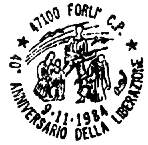
Having reached the Tosco-Emiliano Apennine before the end of the summer season, the Allied armies launched the attack at the "Gothic" Line: Pesaro, Cattolica, Riccione, Urbino, and Rimini were the stages of the advance. Cesena and Forlė were already in the hands of partisan brigades when the Allied forces entered.
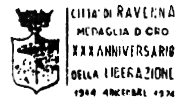
In regard to the liberation of Ravenna, which took place on December 4, 1944, the partisan forces arranged a special plan that was approved by the Allies. Because of this full cooperation, the Commanding Officer of the 8th British Army, General Mc Creery, awarded the gold medal for military valor to partisan Arrigo Boldrini (Bulow), commanding officer of the XXVIIIth Garibaldi Brigade "M. Gordini" and of the city of Ravenna.
Between summer and autumn, 1944, partisan activity resumed with energy in connection and support to the Allied offensive. Many areas of Northern Italy were set free and democratic bodies were appointed to govern them.
|
|
|
 |
 |
|
 |
 |